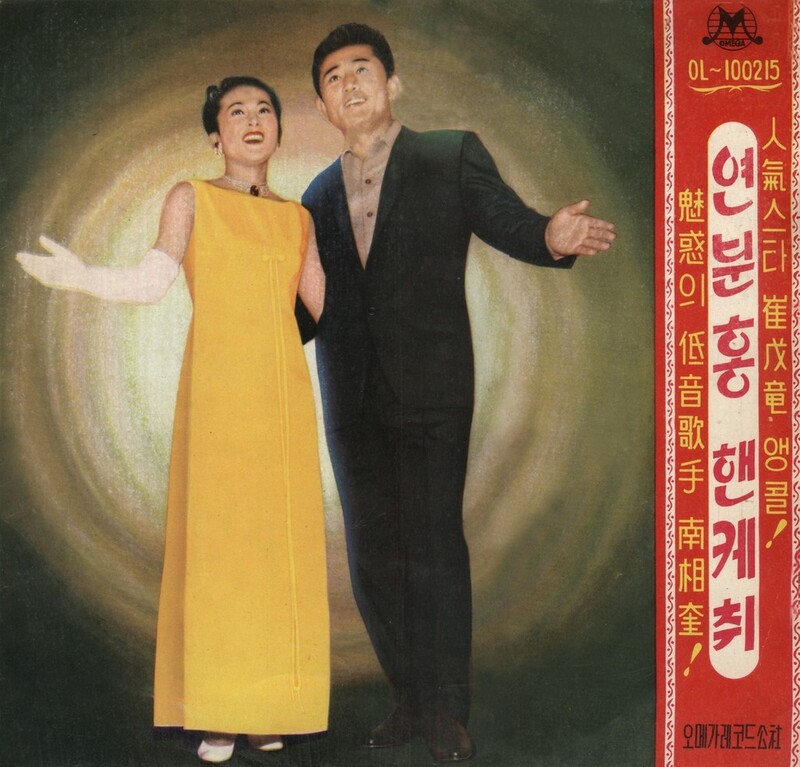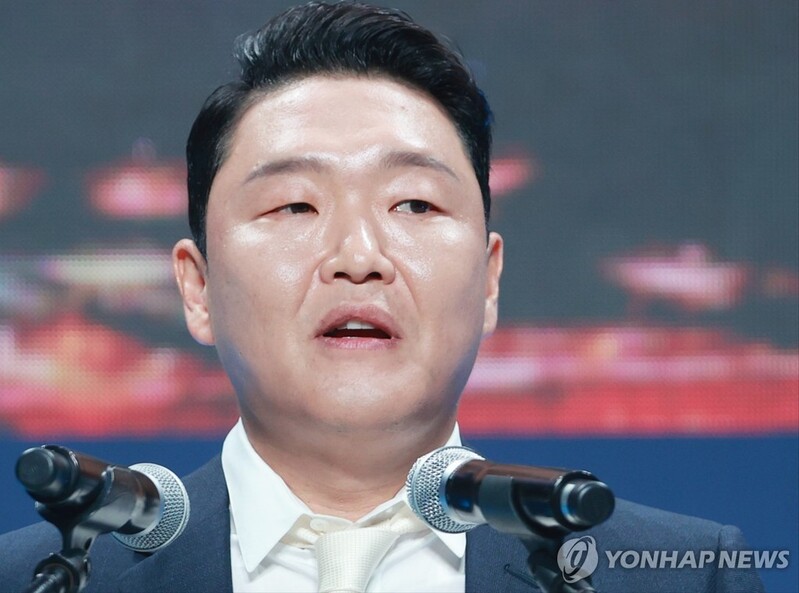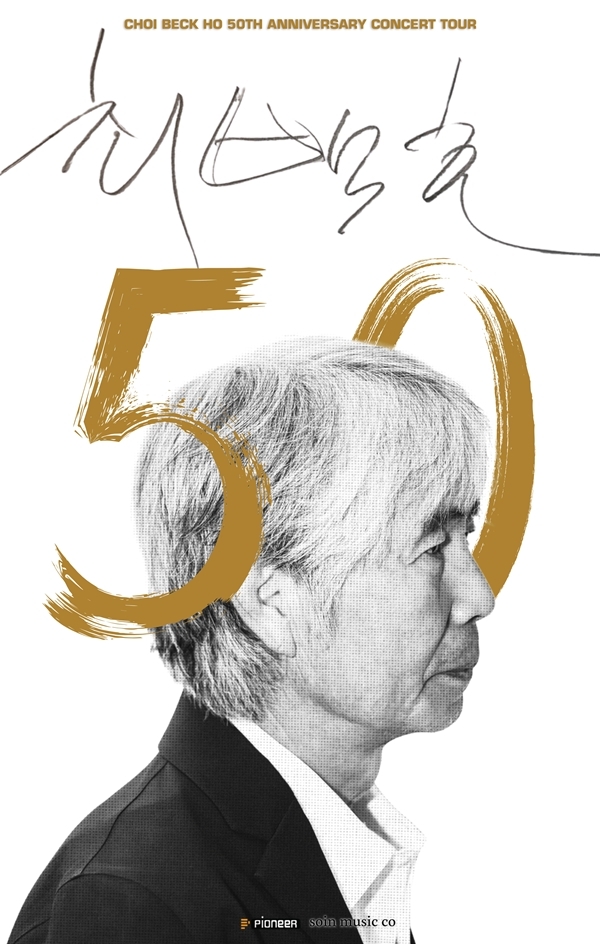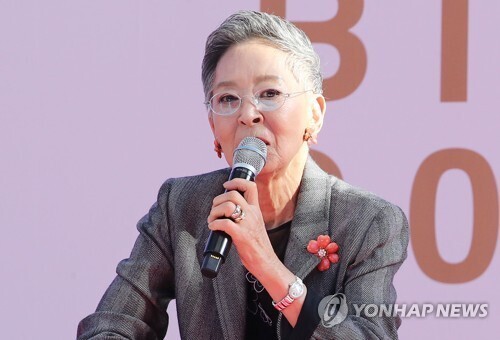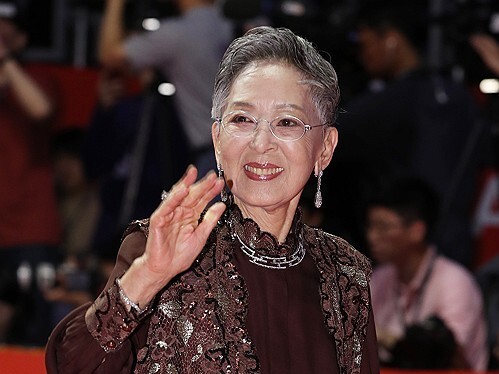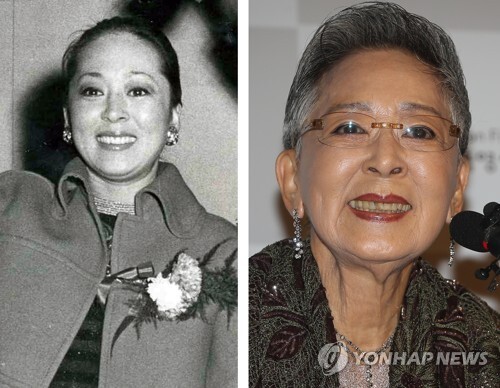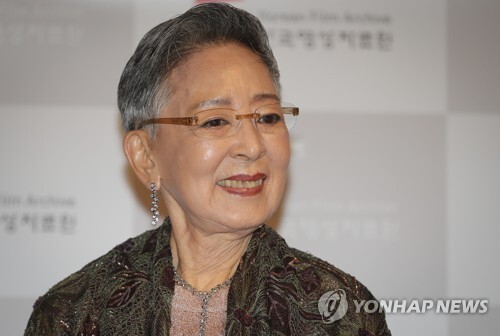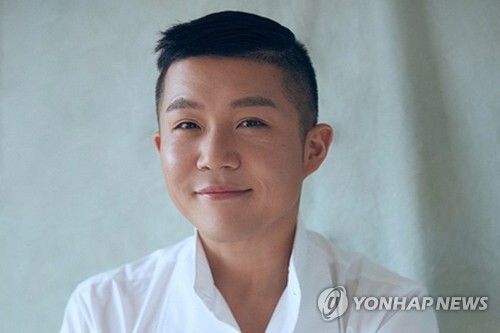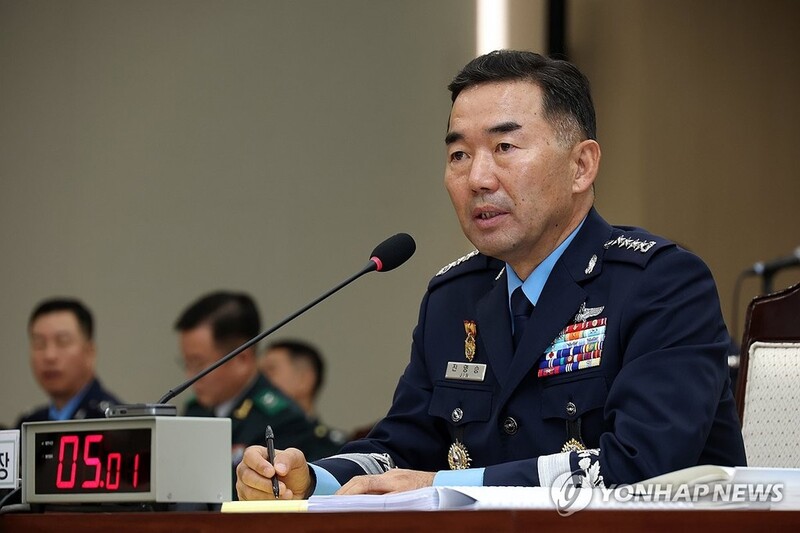 |
| ▲ Joint Chiefs of Staff Chairman Gen. Jin Yong-sung speaks during a parliamentary audit session on Oct. 14, 2025. (Pool photo) (Yonhap) |
(LEAD) military-NK ICBM
(LEAD) N. Korea possibly received Russian aid for Hwasong-20 ICBM: JCS chairman
(ATTN: ADDS remarks; TRIMS)
By Lee Minji
SEOUL, Oct. 14 (Yonhap) -- North Korea has possibly received technological assistance from Russia in developing a new intercontinental ballistic missile (ICBM) that was first showcased during a recent military parade, the chairman of the Joint Chiefs of Staff (JCS) said Tuesday.
North Korea unveiled the Hwasong-20 ICBM, which it described as "the most powerful nuclear strategic weapon system," in a military parade held last week to mark the 80th anniversary of the founding of the ruling Workers' Party of Korea.
The design of the transporter erector launcher for the Hwasong-20 appeared to be different compared with the previous Hwasong-19 first fired in October last year, raising speculation the North may have received support from Russia in developing the new long-range missile amid their deepening military alignment.
"I believe there is sufficient possibility," JCS Chairman Gen. Jin Yong-sung said in a parliamentary audit session, when asked about such a possibility.
While vowing to thoroughly analyze the North's new weapons system, Jin assessed the North may have showcased the Hwasong-20 even before test-launching it in a bid to flaunt its military strength.
Alongside the Hwasong-20 ICBM, the North unveiled an array of weapons ranging from a new hypersonic missile to vehicles designed to launch multiple attack drones.
When asked about the military's capabilities in responding to the hypersonic missile, Jin said "the accuracy of interception may slightly falter but they can be intercepted."
He acknowledged concerns over the North's weapons development and said the military will thoroughly prepare to respond to it, adding further technological verification is necessary for the new weapons systems.
When asked about the role of the U.S. Forces Korea (USFK), Jin said he is "certain that the USFK is stationed on the Korean Peninsula and will continue to do so going forward."
Addressing U.S. Army Secretary Daniel Driscoll's recent remarks describing both North Korea and China as "basic" threats in regional security when asked about the USFK's role, Jin called it an opinion from the U.S. side and urged close cooperation factoring in both South Korea's national interest and the South Korea-U.S. alliance.
Going forward, Jin said the allies are in the process of fine-tuning an agenda aimed at strengthening the alliance to be discussed during their upcoming Military Committee Meeting.
"The general purpose of alliance modernization is cooperating on how the South Korea-U.S. alliance can acquire robust capabilities and strengthen their readiness posture," he said.
Jin said the transition of a conditions-based operational control from Washington to Seoul is among the potential issues to top the agenda in the November meeting, saying the allies are cooperating on meeting the conditions.
(END)
(C) Yonhap News Agency. All Rights Reserved







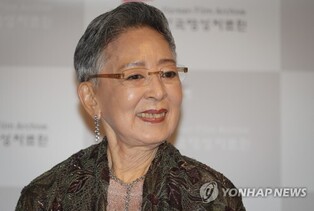

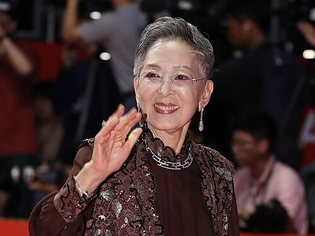

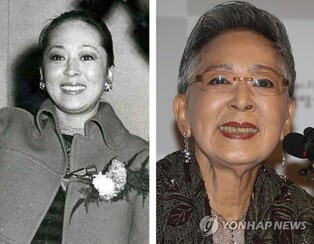

![[가요소식] 10대 싱어송라이터 민서, 데뷔 싱글 '미로'](https://korean-vibe.com/news/data/20251211/yna1065624915952705_742.jpg)
